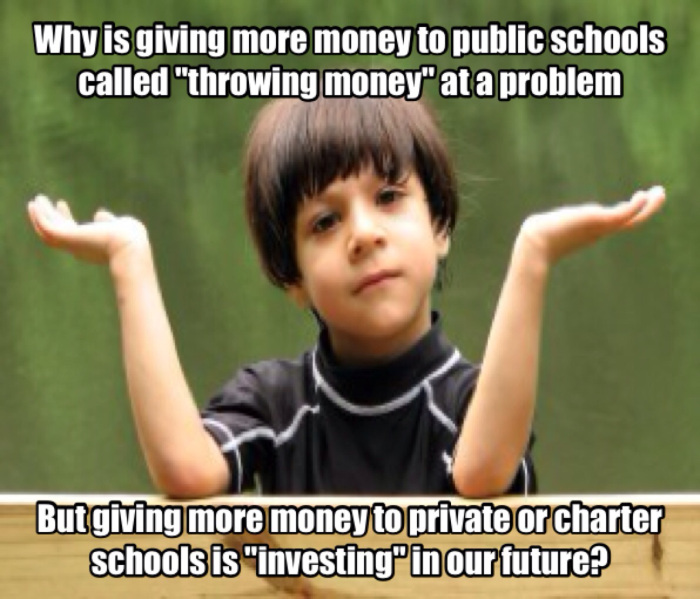NEPC Review: Bigger Bang, Fewer Bucks? (University of Arkansas Department of Education Reform, February 2018)
Reviewer: Julian Vasquez Heilig
A report released by the University of Arkansas Department of Education Reform contends that charter schools produce more achievement per dollar invested, as compared to public schools. This newest report is focused on city-level analyses in eight US cities (Atlanta, Boston, Denver, Houston, Indianapolis, New York City, San Antonio, and Washington D.C.) and uses cost effectiveness and Return on Investment (ROI) ratios. It concludes that charter schools deliver a weighted average of an additional 4.34 NAEP reading points and 4.73 NAEP math points per $1000 invested. The report also argues that that charter schools offer an advantage of $1.77 in lifetime earnings for each dollar invested, representing a ROI benefit of 38%. However, there are a variety of methodological choices made by the authors that threaten the validity of the results. For example, the report uses revenues rather than actual expenditures – despite well-established critiques of this approach. The report also fails to account for the non-comparability of the student populations in charter and comparison public schools. Three other problems also undercut the report’s claims. First, even though the think tank’s earlier productivity report included a caveat saying that causal claims would not be appropriate, the new report omits that caution. Second, the report’s lack of specificity plagues the accuracy and validity of its calculations; e.g., using state-level data in city-level analyses and completely excluding race and gender. Finally, the authors again fail to reconcile their report with the extensive literature of contrary findings.
Document Reviewed:
Bigger Bang, Fewer Bucks? (University of Arkansas Department of Education Reform, February 2018)
University of Arkansas Department of Education Reform
NEPC Review: Bigger Bang, Fewer Bucks? (University of Arkansas Department of Education Reform, February 2018) | National Education Policy Center





















